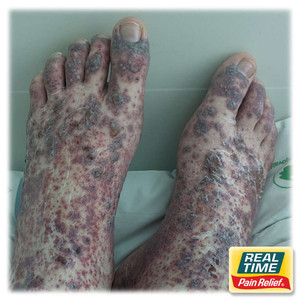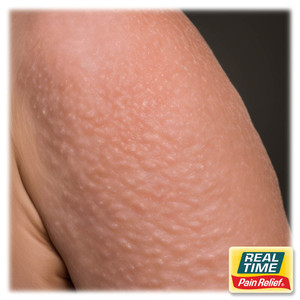Phosphoricum Acidum for Acne
2nd Nov 2022
Have you ever tried Phosphoricum Acidum for acne? We have found some information about this homeopathic ingredient used to treat acute acne.
When you think of acne, you might believe it mostly affects teens, but acne also strikes adults. In fact, some people deal with acne for several decades. Acne can leave physical scars, but it some cases, it can also lead to decreased self-esteem, depression, and even reduce quality of life.
Traditional treatment for acne includes prescription medication and ointments that contain retinoids and salicylic acid. Traditional acne treatments can help, but they are not effective in every case. Plus, they can have unwanted side effects, such as irritation, dryness, and redness.
Additional remedies are available that can help treat acne and leave your skin healthy. Continue reading below to find out how to treat acne using homeopathic treatment.
Acne Causes
Acne can develop when the pores in the skin become blocked, which leads to a type of bacteria called Propionibacterium acnes. The body tries to fight the bacteria, causing an immune system response. The immune system promotes the production of white blood cells that attack the bacteria, but that response can also lead to skin inflammation and acne.
Why some people develop acne worse than others is not fully known. But it appears several things can contribute to the development of the skin condition. For example, your diet, stress level, and genetics all may play a role in your chance of developing acne.
Acne Symptoms
Symptoms of acne can vary in severity. Some people may develop acne in their teen years and have it resolve in adulthood. For others, acne starts in adulthood or continues for decades. In some instances, acne flare-ups are due to hormonal changes, such as pregnancy.
Usually, acne appears on the face, upper back, and forehead. Typical acne symptoms include:
- Pimples
- Redness and inflammation
- Whiteheads
- Blackheads
- Large painful nodules under the skin
How Phosphoricum Acidum Can Help Acne
Using a homeopathic acne treatment that contains ingredients, such as phosphoricum acidum, can be helpful. Phosphoricum acidum may offer the following benefits:
- It Helps Control the pH of the Skin:
Phosphoricum acidum helps maintain an optimal pH of the skin. The outer layer of the skin has an acidic pH, which helps to protect it and makes it more difficult for pathogens, such as bacteria, to multiply.
- It Can Be Used on All Skin Types:
Phosphoricum acidum is gentle enough that it will not irritate sensitive skin and is appropriate for all skin types.
- Supports the Moisture Balance:
It also is useful to help promote moisture balance in the skin, which decreases the risk of dryness.
- Offers a Homeopathic Treatment Option:
If you are looking for a treatment that provides a homeopathic approach, phosphoricum acidum is a great choice and does not cause the side effects of conventional acne creams or medications.
What to Look for in a Homeopathic Acne Cream
Homeopathic remedies have been used for hundreds of years to treat a wide variety of conditions. Homeopathic treatment of acne is an excellent option for people that want a natural yet still effective approach.
A study published in the journal Complementary Medicine Research analyzed case studies involving people that had acne. The results indicated that homeopathic medicines were useful as a stand-alone treatment for acne. Homeopathic remedies helped to decrease acne in 80 percent of the cases.
Although homeopathic acne remedies can be useful in treating acne, not all products are created equally. When choosing a product, it is helpful to consider a couple of factors, including the following:
Look for Products Made with Nature’s Ingredients
As mentioned above, phosphoricum acidum is a good choice for treating acne, but there are other ingredients that can be helpful too. For example, look for homeopathic products that contain willow bark, aloe vera, and jojoba oil.
Black willow bark (salix nigra) may help with acne, in part thanks to the salycin content. Salycin is actually a precursor to salicylic acid, which is widely used in chemical acne treatments. Salicylic acid works by penetrating the pores and removing the dead skin cells. It is thought that salycin works in much the same way—exfoliating the skin on a deep pore level and helping to prevent dead skin build up.
Jojoba oil may help decrease swelling and redness around pimples. A study in Complementary Medicine Research involved 133 people that used a clay mask containing jojoba oil, two to three times a week for six weeks. At the end of the six weeks, 54 percent of the participants reported improvement in their acne.
Aloe vera is another excellent ingredient for acne. It may help soothe skin and inflammation. Aloe vera contains sulfur and salicylic acid, which can be beneficial for acne.
Use a Product Free of Skin Irritants
When choosing an acne treatment, it is also essential to make sure it does not contain certain ingredients. Be sure to select a product that does not contain dyes, parabens, and GMOs. These types of additives can irritate the skin and may lead to even more problems.





